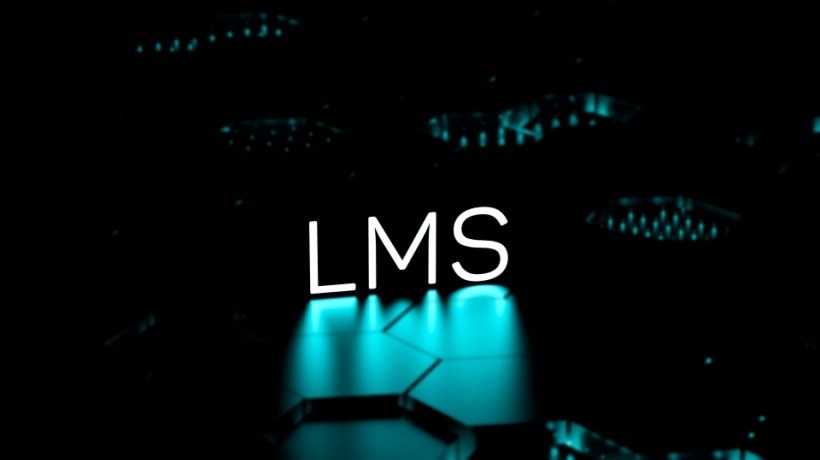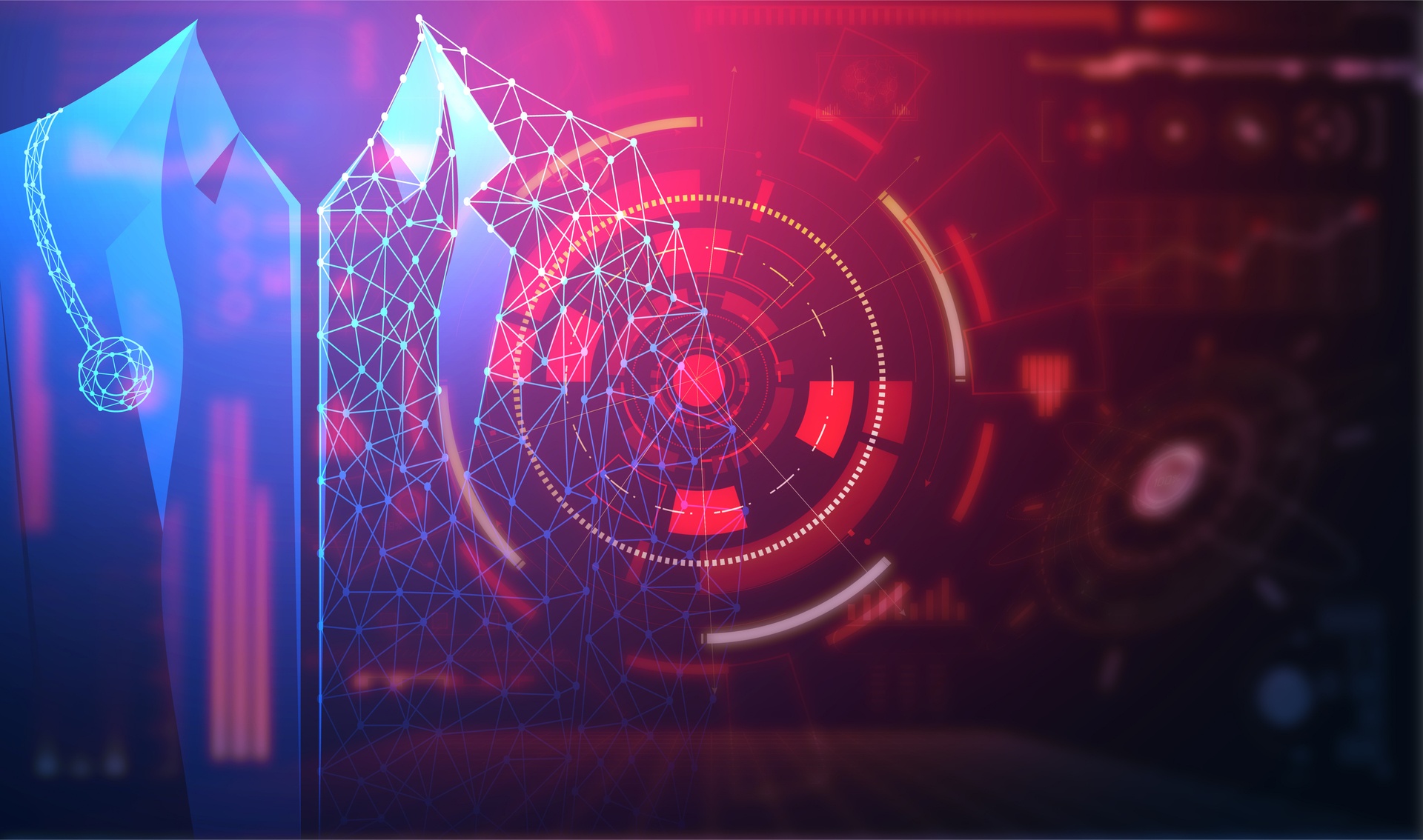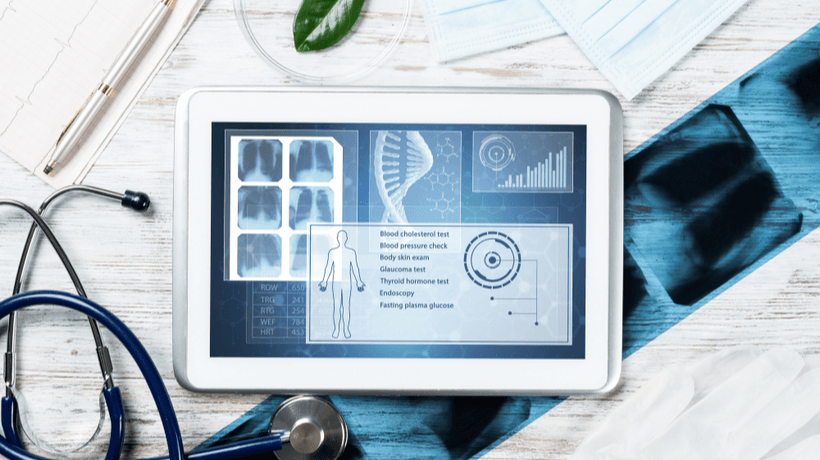Healthcare LMS With AI Edge
Continuous learning is crucial to preserving compliance, competency, and patient safety in the quickly changing healthcare environment of today. Healthcare firms may now provide more intelligent, individualized, and effective training due to AI-driven Learning Management Systems (LMSs). Hospitals and healthcare providers can automate processes, customize learning, and proactively manage regulatory requirements by utilizing AI and Machine Learning.
AI-Driven Healthcare LMS Benefits
When implemented effectively, the healthcare LMS benefits extend far beyond training. It enhances clinical decision-making, minimizes human errors, and fosters continuous professional development. AI-driven analytics detect performance gaps early, recommending refresher courses to prevent skills degradation. By ensuring that every staff member—whether clinical, technical, or administrative—stays updated, healthcare institutions can significantly improve patient outcomes and safety standards while meeting stringent regulatory requirements.
5 Key Advantages Of An AI-Driven Healthcare LMS
1. Enhanced Personalization
AI continuously analyzes data on learner performance, skills gaps, and progress to deliver relevant, role-specific content. This individualized approach keeps learners engaged and accelerates mastery of critical competencies.
2. Proactive Compliance Management
In a heavily regulated industry, compliance is vital. AI ensures ongoing adherence by automating certification renewals, tracking training completions, and updating materials to align with the latest healthcare standards like HIPAA or OSHA.
3. Improved Clinical Outcomes
AI-enhanced training programs simulate real-world medical scenarios to improve decision-making and patient handling. Better-trained staff translates directly into improved patient safety and reduced medical errors.
4. Increased Efficiency And Automation
By automating repetitive administrative tasks such as content updates and report generation, AI allows L&D teams to focus on innovation and long-term learning strategies.
5. Scalability Across Multiple Facilities
For large healthcare networks, scalability is key. AI-driven platforms efficiently manage training across different geographies and departments, ensuring consistent learning standards organization-wide.
Essential Features Of A Healthcare LMS
Simplifying intricate training processes and enabling adaptive and quantifiable learning are the essential features of a healthcare LMS [1]. AI-powered solutions provide individualized learning paths, automatic onboarding, and smooth connections with medical systems such as HRIS and EHRs. Additionally, AI improves real-time reporting, predictive analytics, and data-driven insights to guarantee that each learner receives training that is specifically tailored to them. Together, these skills provide a healthcare staff that is competent, compliant, and performs well.
Key AI Features That Empower Healthcare Learning
- Personalized learning pathways
AI builds customized curriculums tailored to roles—such as a radiologist versus a billing officer—ensuring relevance and engagement. - Adaptive learning content
Real-time adjustments to learning materials based on user performance improve understanding and retention. - Advanced analytics and predictive insights
Predict risks before they impact care by analyzing learner performance trends. - AI-powered simulations
Immersive VR/AR-based simulations help healthcare professionals refine complex procedures in a safe environment. - Automated content curation
AI dynamically updates learning materials with new clinical standards and guidelines. - Integrated competency assessments
Objective AI assessments help healthcare leaders identify areas for improvement and design targeted development plans. - Seamless system integrations
Connection with EHR and HRIS systems allows contextual learning delivery tied to real-world healthcare activities.
AI-Powered LMS For Personalized And Proactive Learning
An AI-driven healthcare LMS analyzes each learner's role, prior experience, and performance to tailor training content. It moves beyond the one-size-fits-all approach by curating relevant modules for each individual. For example, a newly hired nurse may receive interactive tutorials on infection control, while a senior physician gets advanced simulation-based training. This personalization boosts engagement and knowledge retention while aligning with organizational goals for quality care and compliance.
The Best AI LMS For Healthcare Training Efficiency
The best AI LMS solutions automate time-consuming administrative tasks like report generation, certificate tracking, and course assignments [2]. This ensures trainers and administrators focus on strategic development rather than routine operations. Automation also accelerates compliance audits and updates training content based on changing medical regulations. These intelligent platforms can scale effortlessly across multiple facilities, providing consistent, high-quality training to a growing healthcare workforce.
Understanding LMS Medical Abbreviation In Healthcare Context
The LMS abbreviation stands for "Learning Management System," a platform that centralizes, delivers, and tracks educational content. In the healthcare sector, an LMS is not just a training tool—it's a compliance, quality, and competency management solution. AI integration takes it a step further by predicting learning needs, identifying emerging risks, and ensuring each employee's certifications are up to date, reducing administrative overhead and boosting overall institutional efficiency.
Real-World Scenarios Of AI In Healthcare Training
1. Streamlined Onboarding For Nursing And Medical Staff
A new nurse or doctor joins a hospital, and the AI-driven LMS automatically provisions a personalized onboarding journey, analyzing their prior training to fill knowledge gaps quickly and effectively.
2. Proactive Compliance Management
When HIPAA regulations change, the AI system identifies affected employees, assigns updated modules, and tracks completion automatically—ensuring zero compliance lapses.
3. Surgical Simulation Training
Surgeons use AI-based VR simulations to practice high-risk procedures, receiving immediate feedback on technique and performance—improving skills retention and patient outcomes.
4. Targeted Upskilling And Career Development
AI analytics highlight skills gaps in care. The LMS then recommends microlearning modules for nurses interested in specialization, aligning personal growth with institutional needs.
5. Emergency Response Preparedness
During a public health emergency, AI converts updated protocols into concise training content and distributes it instantly to relevant staff, ensuring a unified and rapid response across facilities.
Conclusion
Healthcare professionals' learning, training, and compliance are redefined by an AI-driven healthcare Learning Management System. These solutions improve worker capacity and patient care quality by utilizing AI for automation, personalization, and predictive analytics. Adopting an AI-powered LMS is becoming more than simply a technical advancement; it is a strategic necessity for healthcare training that is prepared for the future of healthcare businesses pursuing operational excellence and continuous improvement.
References:
[1] 7 Must-have Features in a Healthcare Learning Management System (LMS)
[2] How LMS Artificial Intelligence Advances Your Organization with More Intelligent Education?









